
Stay cool at night with these $30 moisture-wicking sheets
TL;DR: As of July 11, you can get a 6-Piece Bamboo-Blend Comfort Luxury Sheet Set
2023-07-11 17:00

Lofi jazz videos on TikTok are a massage for my brain
I have done it. I have successfully found a side of TikTok so full of
2023-07-11 17:00

Gun safety PSA urges gun owners to join the conversation on preventable firearm deaths
Gun reform advocates are appealing to all those affected by gun violence, including gun owners
2023-07-11 17:00
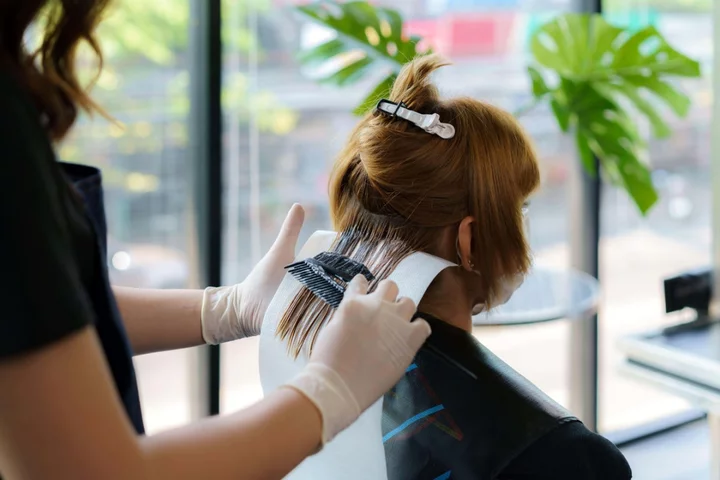
Women in certain professions ‘may be at higher risk of ovarian cancer’ – study
Hairdressers, beauticians and accountants could be at a higher risk of developing ovarian cancer, a new study suggests. Those working in sales, retail, clothing and construction industries could also carry a higher risk according to a new study published in the journal Occupational and Environmental Medicine. But the authors of the study stressed that “inferences from the results are limited” as they called for more work to examine the links between ovarian cancer risk and different occupations. The team, led by academics at the University of Montreal in Canada, examined data on 491 Canadian women with ovarian cancer and compared it with 897 women without disease. We observed associations suggesting that accountancy, hairdressing, sales, sewing and related occupations may be linked to excess risks Report authors The researchers linked occupations to ovarian cancer risk. They also compared this data to the Canadian job-exposure matrix to examine any potential workplace exposures – for example, if they are more likely to come in contact with a certain chemical while at work. After accounting for potentially influential factors, they found that some jobs may be linked to a heightened risk of disease. Those who had worked as a hairdresser, barber or beautician appeared to have a three-fold higher risk. Meanwhile, women who worked in accountancy for a decade were twice as likely to develop the disease while construction workers were almost three times as likely. Shop assistants and sales people had a 45% increased risk while those who make or alter clothes appeared to have an 85% increased risk. The researchers said that those found to have a higher risk were also more likely to be exposed to a number of “agents” including: cosmetic talc, ammonia, hydrogen peroxide, hair dust, synthetic fibres, polyester fibres, organic dyes, and pigments and bleaches. “We observed associations suggesting that accountancy, hairdressing, sales, sewing and related occupations may be linked to excess risks,” the authors wrote. “Further population-based research is needed to evaluate possible hazards for female workers and occupations commonly held by women.” In a linked editorial, academics from the National Cancer Institute in Maryland in the US, point out that women are under-represented in “occupational cancer research studies”. They said the study “reminds us that while the lack of representation of women in occupational cancer studies — and indeed, even potential strategies to address this issue — have been long recognised, there is still a need for improvement in studying women’s occupational risks. “By excluding women, we miss the opportunity to identify risk factors for female-specific cancers, to evaluate whether sex-specific differences in risk occur, and to study exposures occurring in occupations held primarily by women.” Commenting on the study, Kevin McConway, emeritus professor of applied statistics at the Open University, said: “The researchers clearly state that their study was ‘exploratory’ and that it is ‘aimed at generating new hypotheses’. “So, it is certainly not claiming that they have definitely found occupational groups, or exposures to chemicals and other agents, that are associated with ovarian cancer. “Even less are they claiming that being in certain occupations, or being exposed to certain chemicals at work, causes an increased risk of ovarian cancer. “Instead, they aimed at suggesting occupational groups, and agents to which women might be exposed at work, that possibly might be associated with ovarian cancer risk, and they say clearly that further research is needed to ‘give a more solid grounding’ to any conclusions that might be drawn about associations between what women do at work and their risk of getting ovarian cancer.” Read More Charity boss speaks out over ‘traumatic’ encounter with royal aide Ukraine war’s heaviest fight rages in east - follow live Beekeeping has gone viral – but how easy is it? Everything you need to know about sleep in pregnancy Myleene Klass: Government does not deserve power if miscarriage policy unchanged
2023-07-11 16:24

Save 20% on AirPods Pro (2nd Gen) this Prime Day
TL;DR: Apple AirPods Pro (2nd Gen) are on sale for $199 on Amazon. This isn't
2023-07-11 16:04

The Amazon Fire Max 11 is the bougie-on-a-budget tablet we’ve been waiting for
We all know Amazon is the go-to for a cheap, reliable tablet… but the Amazon
2023-07-11 16:00

At least 5 dead after helicopter carrying foreign tourists crashes near Mount Everest in Nepal
At least five people have been killed after a helicopter carrying foreign tourists crashed near Mount Everest in Nepal, and one other person on the flight is still missing
2023-07-11 15:34
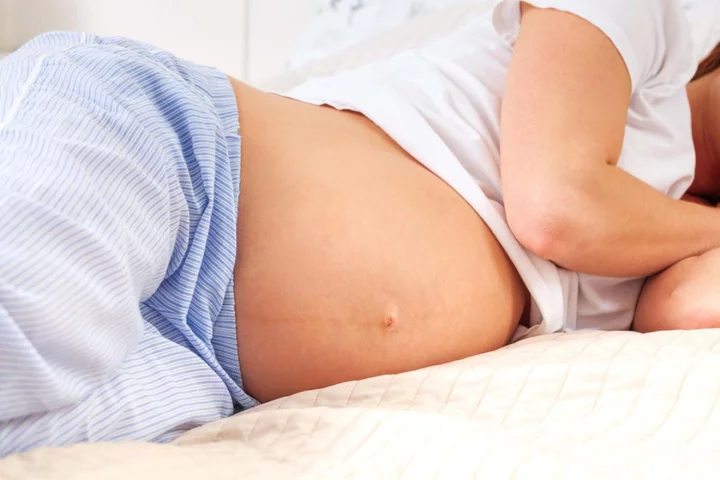
Everything you need to know about sleep in pregnancy
Sleep matters at the best of times, but when you’re growing new life, getting a good night’s rest is incredibly important. But, pregnancy and sleep do not often go hand in hand. “Many people experience changes in their sleep patterns and quality during pregnancy,” says Dr Chun Tang, medical director and GP at Pall Mall Medical in Manchester. “Hormonal fluctuations, physical discomfort, frequent urination and anxiety can contribute to sleep disturbances. Some people may find it more challenging to fall asleep or stay asleep throughout the night, leading to altered sleep-wake cycles and a disrupted circadian rhythm.” Your circadian rhythm will change “During pregnancy, the circadian rhythm, which is the internal biological clock that regulates various physiological processes, undergoes certain changes,” says Tang. “Things like hormonal changes, sleep disruptions, changes in activity and energy levels and increased sensitivity to light, can affect your circadian rhythm.” Warmer body temperature “During pregnancy, basal body temperature (the body’s resting temperature) tends to be slightly elevated, due to hormonal changes, particularly increased levels of progesterone,” he explains. “This can result in a feeling of warmth or increased body heat. Higher basal body temperature can make it uncomfortable to sleep, especially in combination with external factors, like warm weather or a warm sleeping environment.” Some people may also experience night sweats, particularly during the later stages of pregnancy, Tang notes. “Night sweats are episodes of excessive sweating during sleep, which can lead to discomfort, disrupted sleep, and difficulty falling back asleep. Hormonal fluctuations and increased blood flow during pregnancy can contribute to these. “Hormonal changes during pregnancy can also trigger hot flushes, sudden feelings of intense heat and sweating that typically affect the face, neck, and chest. Hot flushes can occur during the day or at night, affecting sleep. But if you have a persistent fever or feel unwell, you should consult your GP,” he says. Vivid dreams “There have been numerous reports of people having more vivid dreams during pregnancy. Hormones, increased emotional sensitivity, and changes in sleep patterns can contribute to the intensity and frequency of dreams,” says Tang. “Pregnancy often brings about a range of emotional and psychological changes. Heightened emotions, anxiety, excitement, and anticipation can influence the content and intensity of dreams. Dreams may reflect the concerns, hopes, and fears associated with pregnancy and impending motherhood. “If vivid dreams are causing distress or affecting sleep quality, practising good sleep hygiene and relaxation techniques before bed may help promote better sleep. Maintaining a comfortable sleep environment, establishing a regular sleep routine, managing stress levels, and seeking support from healthcare providers can also be beneficial,” he adds. Physical discomfort Getting bigger may not be comfortable, particularly in the later months. As the pregnancy progresses, physical discomfort and increased fatigue may affect activity levels. Some people may experience increased daytime sleepiness, while others may find it harder to engage in physical activities, due to the changes associated with pregnancy. “The third trimester can present more pronounced sleep challenges, due to the changes and preparation for labour. Some common sleep difficulties during this trimester include discomfort and difficulty finding a comfortable position, frequent urination, heartburn or reflux, and restless leg syndrome,” Tang says. What can help? Yoga can be beneficial, suggests Tang: “Prenatal yoga is specifically designed to support the physical and emotional wellbeing of expectant mothers throughout their pregnancy. It involves gentle stretching, deep breathing exercises, mindfulness practices and relaxation techniques tailored to the needs and safety considerations of pregnancy. “These practices can be valuable for managing anxiety, promoting better sleep, and fostering a sense of calm and balance during pregnancy.”
2023-07-11 15:30
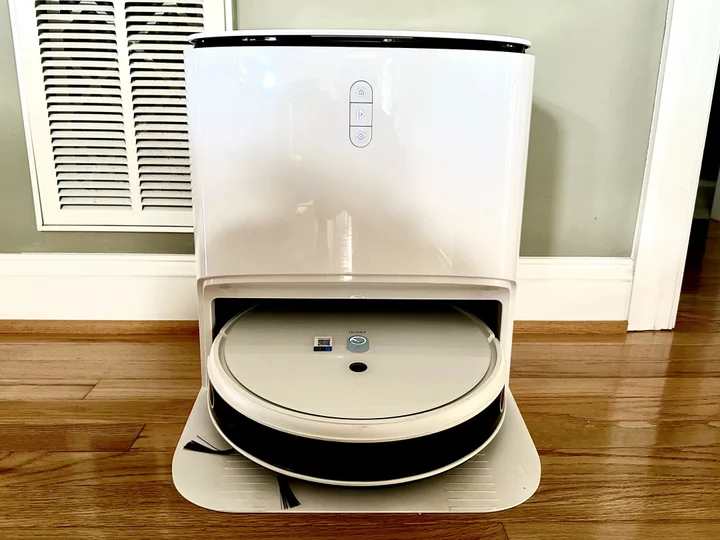
The Yeedi Mop Station Pro looks futuristic as hell — but is it worth the investment?
As someone who is staying at her parents' house in the 'burbs this summer, I
2023-07-11 15:30
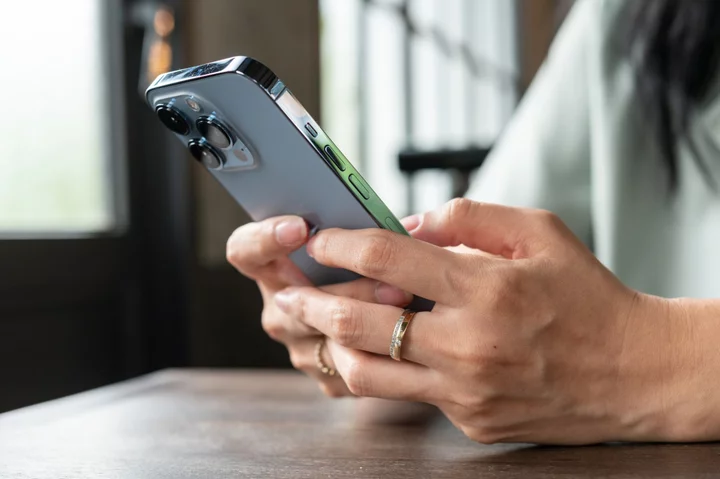
Update your Mac, iPhone and iPad right now to fix critical security hole
Apple just issued a Rapid Security Response for iOS, iPadOS, and macOS, and that means
2023-07-11 15:27

Myleene Klass says government does not deserve power if miscarriage policy unchanged
Myleene Klass has said that if the government does not implement changes to the way woman are treated following miscarriages then it no longer “deserves power”. The former Hear’Say singer met with the Minister for Women’s Health, Maria Caulfield, on Monday (10 July) at the Tommy’s National Centre for Miscarriage Research in Birmingham. Klass, who had previously been outspoken about her four miscarriages, organised the visit at the pregnancy charity’s centre – located in Birmingham Women’s Hospital which also contains an early pregnancy unit – alongside Labour MP Olivia Blake. The 45-year-old presenter urged the government to make sure women receive medical intervention after every miscarriage, not just three, 24 hours specialist care and support for pregnancy and for data to be collected to understand the scale of the issue. According to the NHS website, if a woman has had three or more miscarriages in a row then further tests will be given to understand the cause. Klass told the PA news agency that a soon to be published pregnancy loss review, which looks at improving NHS gynaecology and maternity care, could provide a “massive” change if implemented. She said: “If the policy (does) include these changes, the face of women’s health care is going to change unrecognizably and it will be a wonderful time for our children and our children’s children to know that we made a movement happen that actually protected women’s health.” When asked how she would feel if there are no changes, Klass said: “A health secretary and a health department and a government that doesn’t look after the people, that is in a position and empowered to do so, doesn’t deserve to hold (onto) that power.” The mother to daughters Ava and Hero and son Apollo said she has been “very frustrated” after a “real David and Goliath” battle with the government. She said: “I do find that women’s health is so far down on the agenda and it’s so misogynistic as to why it really is, from the tablets we are given to take, all the way through to the treatment that we receive, or rather the lack of treatment that we receive. “I think it’s pretty evident that we were told to just put up and shut up and that is not the world that we live in anymore.” Klass added that care for women going through miscarriages is not addressed as it is “taboo” and “makes people uncomfortable”. She said: “It’s so cruel when you have experienced the process of it, I’ve never done so much paperwork. “A little baby that never existed and yet the paperwork is excessive and you’re asking a woman to sign away… what do they refer to it as? The products of pregnancy, even our paperwork is incorrect.” Klass also said that the difference between women receiving care in an early pregnancy unit are a “lottery” as in certain parts of the country the centres can be closed during certain hours and at the weekend. She added: “So this is something that is actually costing the economy more, because people are being sent to the wrong places and really desperately suffering with their PTSD.” Klass said that one treatment, a steroid hormone called progesterone, should be administered to more women at risk and GPs should receive more training about the drug. Klass said: “If there is still a heartbeat and you’re bleeding (and) you are given progesterone, you’ve got a chance, I know this better than anybody because that’s how I had my son. “Can you imagine if you do suffer a miscarriage you sometimes or very often have to wait for your GP to then sign you off to get the secondary scan? That means… you have to wait to have your baby removed.” Klass said she hopes things have “shifted” after Caulfield’s visit. In a statement, the minister said the work done by Tommy’s is “so important” as pregnancy loss can be “hugely devastating and traumatic” and thanked those at the centre for sharing their stories. Caulfield said: “I’ll keep working to ensure women and their families can access the best possible care following complications in pregnancy. “The independent review into pregnancy loss – the findings of which will be published shortly – will consider how we can improve care so women and families receive the support they need.” Read More It took until my thirties to realise I might not be white Woman exits plane after tirade about passenger who is ‘not real’: ‘I’m not about to be Final Destination-ed’ ‘We call them Picky Bits’: Nigella Lawson responds to viral ‘Girl Dinner’ trend Charity boss speaks out over ‘traumatic’ encounter with royal aide Ukraine war’s heaviest fight rages in east - follow live
2023-07-11 14:43

King of the Big Stomach: Chinese eatery in trouble over dumpling-eating race
The contest flouts laws against food waste and "misleads" people into over-ordering, authorities say.
2023-07-11 13:41
You Might Like...

Best Early Black Friday 2023 Printer Deals: Brother, Canon, Epson, More
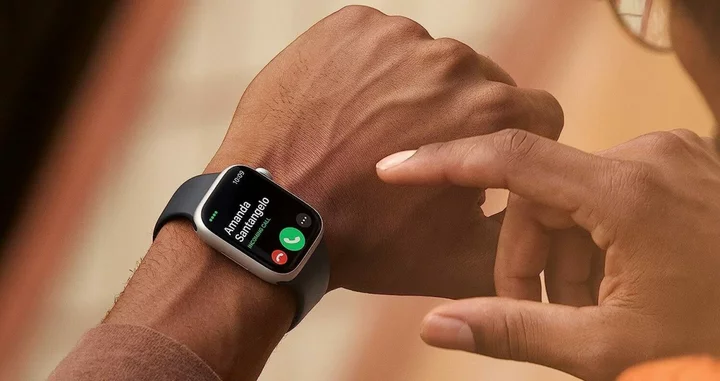
Best Buy has the Apple Watch Series 8 at its lowest price ever

How to watch Glastonbury 2023 for free from anywhere in the world

Tomato Red, White, and Blue! HEINZ® Launches Limited-Edition Saucemerica Packet Collection, Offering $500,000 Worth of Prizes to Fans Who Collect Them
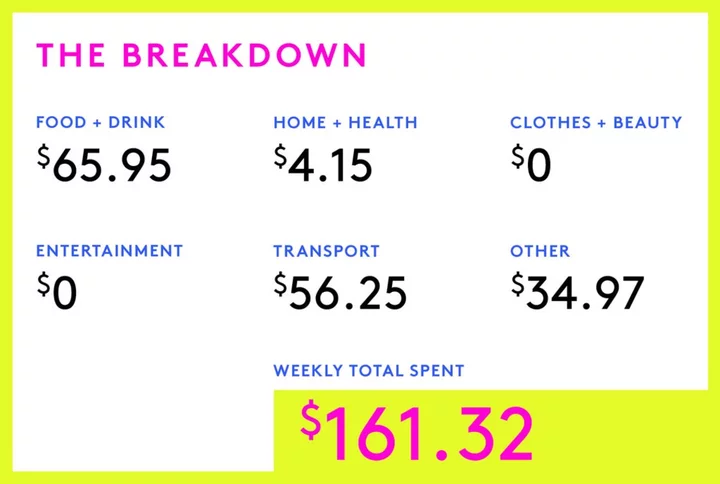
A Week In Brooklyn, NY, On A $35,000 Salary

Latines Love Horror, But We Rarely See Ourselves In Spooky Movies & TV

'Sesame Street' videos get an accessibility expansion with new descriptive audio and ASL features

MacBooks, iMacs, and Mac minis are all on sale ahead of Black Friday
